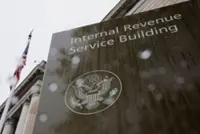SINGAPORE: The man whose name is synonymous with Osim massage chairs is always on the hunt for new opportunities, and Ron Sim’s eyes may well land on you as he seeks to add new brands to his business.
He is on the lookout for those who are young, daring and hungry for success.
Follow us on our official WhatsApp channel for breaking news alerts and key updates!
Thank you for your report!





